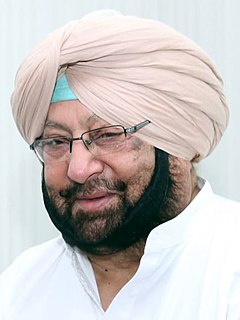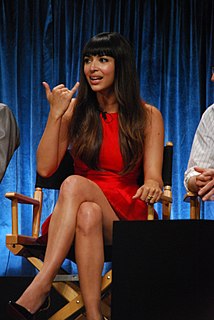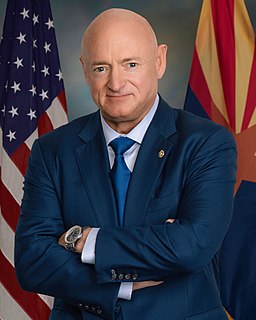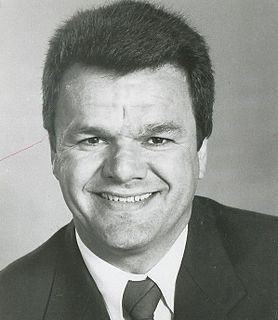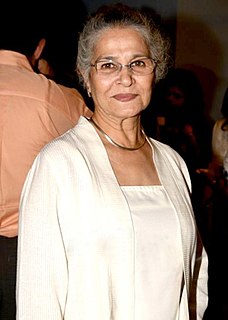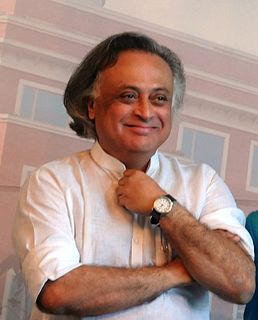A Quote by Amarinder Singh
Green Revolution 1.0 came in 1966-67. I was a farmer then myself. Back then, we were getting food from wherever there was a surplus, Australia, the U.S., Canada. We signed an agreement with Americans and were getting wheat from them.
Related Quotes
I was in the process of growing dreads, they were down to my lip. I could whip them back and forth. Then I just thought to myself, "Is this really me? Can I really do this?" So I washed them out and went to the barber shop. I told them to give me a mohawk. But then there was this teenager also getting one. I couldn't do that.
Both my parents are English and came out to Australia in 1967. I was born the following year. My parents, and immigrants like them, were known as '£10 poms.' Back then, the Australian government was trying to get educated British people and Canadians - to be honest, educated white people - to come and live in Australia.
My idea of what was going on in politics was driven by activism. I came out when I was 17, and right away I started working in the AIDS activist movement. For me, politics was about getting drugs approved and getting prisoners access to the same kind of drugs that you could get on the outside. It was about getting needle exchanges approved. That was politics. These were policy problems that were killing people, and we were trying to get them changed.
I move countries every three or four years. I was born in London, and we lived in Canada. Then we lived in Saudi Arabia until the Gulf War broke out, when we were forced to leave. Then we hop-scotched for a while from Holland back to Canada back to Saudi Arabia. Then there was D-day, so we had to get out again.
Jane Fonda, who divided her life into three acts, decided after her sixtieth birthday that she was now facing the final act, and came to the following conclusion: "I thought to myself, well if that's the case and if what I'm scared of isn't death, but getting to the end with regrets, then I've got to figure out what would be the things that I would regret when I got to the last act if I hadn't done them or achieved them by then. And they were: having an intimate relationship and having made a difference."
The chicken noticed that the farmer came every day to feed it. It predicted that the farmer would continue to bring food every day. Inductivists think that the chicken had "extrapolated" its observations into a theory, and that each feeding time added justification to that theory. Then one day the farmer came and wrung the chicken's neck. This inductively justifies the conclusion that induction cannot justify any conclusion.
